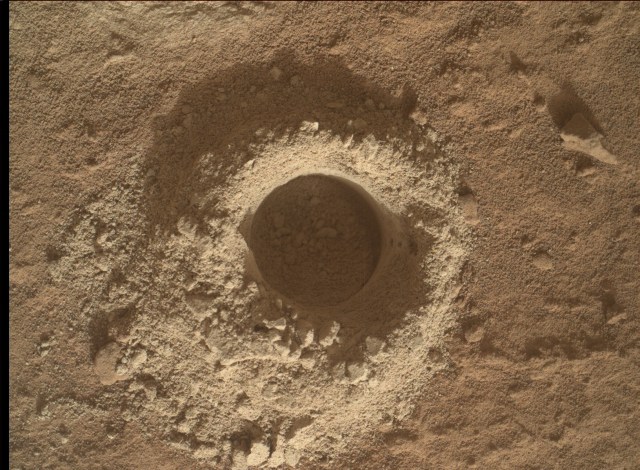Since the beginning of enlightenment, humans have relied on science to answer fundamental questions about our existence. However, we often limit our understanding by viewing the universe from an external perspective. Science is built upon our experiences of the world around us, and when we disregard or undervalue these experiences, it can lead to gaps in our knowledge.
Adam Frank and Marcelo Gleiser challenge the traditional approach to scientific inquiry in their new book “The Blind Spot: Why Science Cannot Ignore Human Experience.” They propose a shift towards a more holistic view of scientific knowledge that is grounded in lived experiences and the reality of the world we inhabit.
By emphasizing the significance of human experience in the scientific process, Frank and Gleiser argue that we can gain a deeper understanding of the universe and our place within it. They suggest that by incorporating our subjective perspectives and emotions into scientific narratives, we can better comprehend the intricate and interconnected nature of reality.
In “The Blind Spot,” Frank and Gleiser encourage us to reconsider our approach to science and embrace a more inclusive and multidimensional perspective that takes into account both objective facts about the natural world and subjective human experiences.



